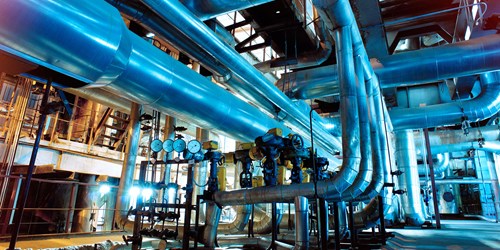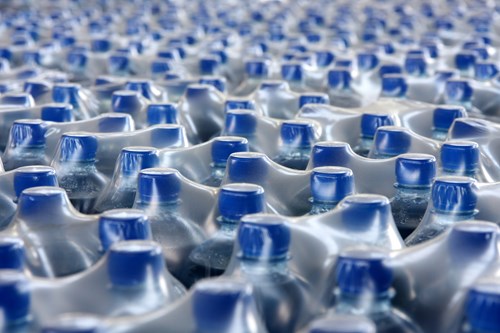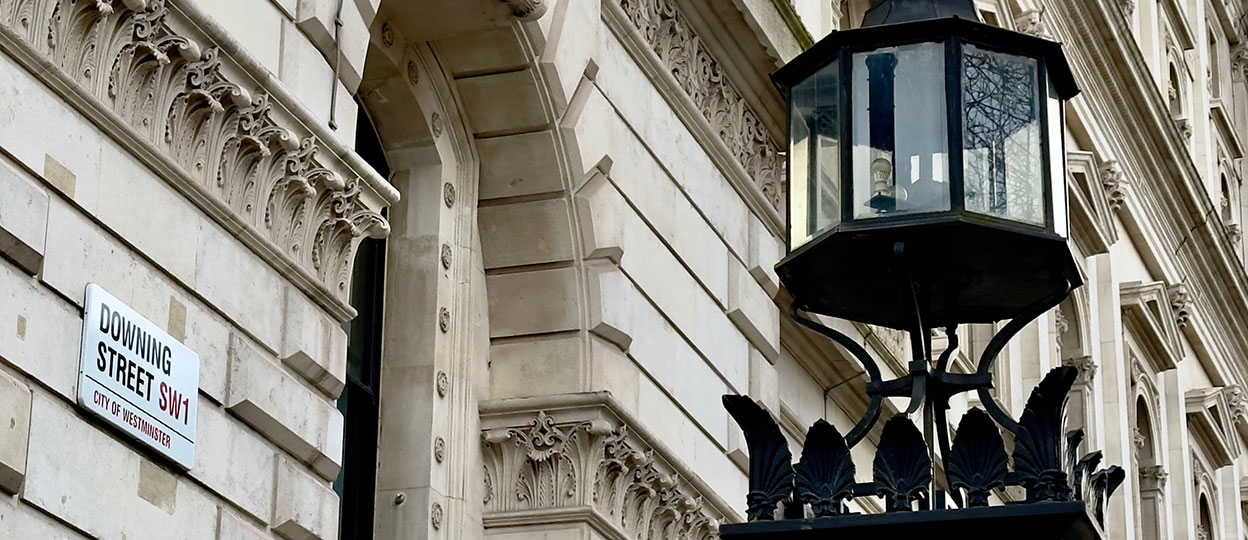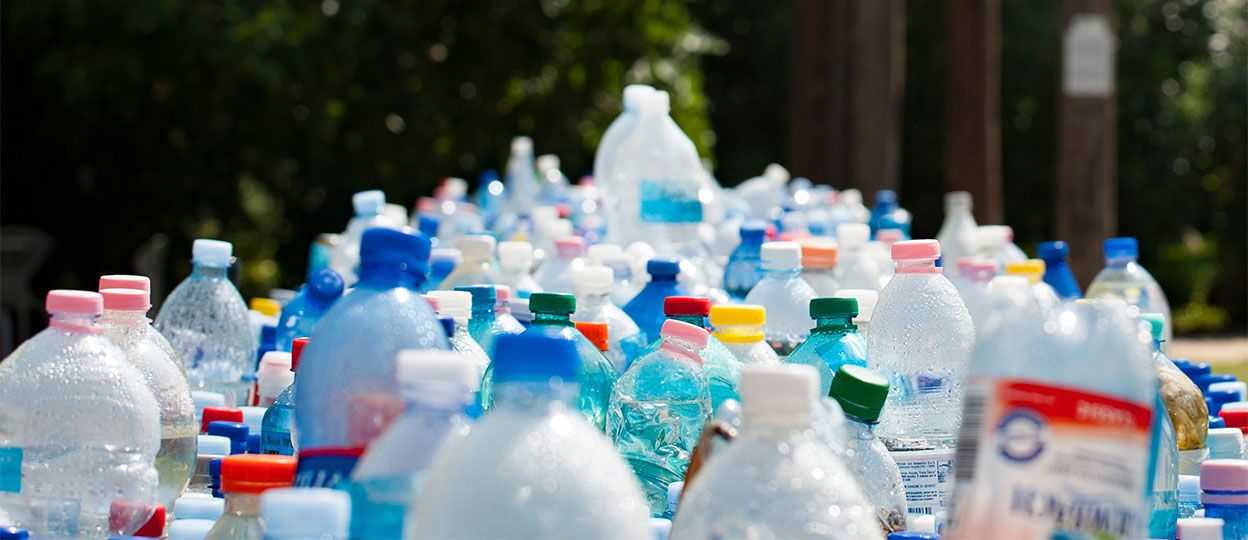The rate of the Plastic Packaging Tax, as detailed in the 2023 Spring Budget, will increase in line with the Consumer Price Index this year.
From 1 April 2023 the per tonne rate for the plastic packaging tax will increase to from £200 to £210.82. This will apply to all plastic packaging in-scope of the tax that is manufactured or imported into the UK from 1 April onwards. The 2021 Finance Act established the tax would be adjusted in accordance to the Consumer Price Index, and will do so every year, meaning liable companies should budget for inflationary annual changes.
The tax has been in force since April 2022, and is payable by manufacturers and importers of in scope plastic packaging.
Other updates to the tax
Other recent developments are that displaying tax paid on invoices will not become a legal requirement. Previously it was stated that business accounting for the tax will need to display the amount to their customers on invoices.
After consultation with industry it was decided that this would be too much of a financial and administrative burden to businesses, although it is still encouraged by treasury. We are expecting HMRC to update their guidance on how businesses can make the tax more visible within their supply chain, which may include regularly sharing how much tax has been charged and including plastic packaging tax information on price lists.
Reusable plastic crates used in imports also now fall under the transit packaging exemption. This alleviates importers using crates to transport goods in the UK from accounting for the tax after customs. The tax will still apply to plastic crates manufactured in the UK or imported unfilled. Businesses who have previously paid tax on crates in this context can amend their next return to receive a repayment.
Government statistics show that since July 2022, when the first returns were submitted, the tax has raised £206 million, although it is not possible to see how may producers have registered. A point of criticism has been that these funds are not hypothecated and fed back into the UK recycling infrastructure.





